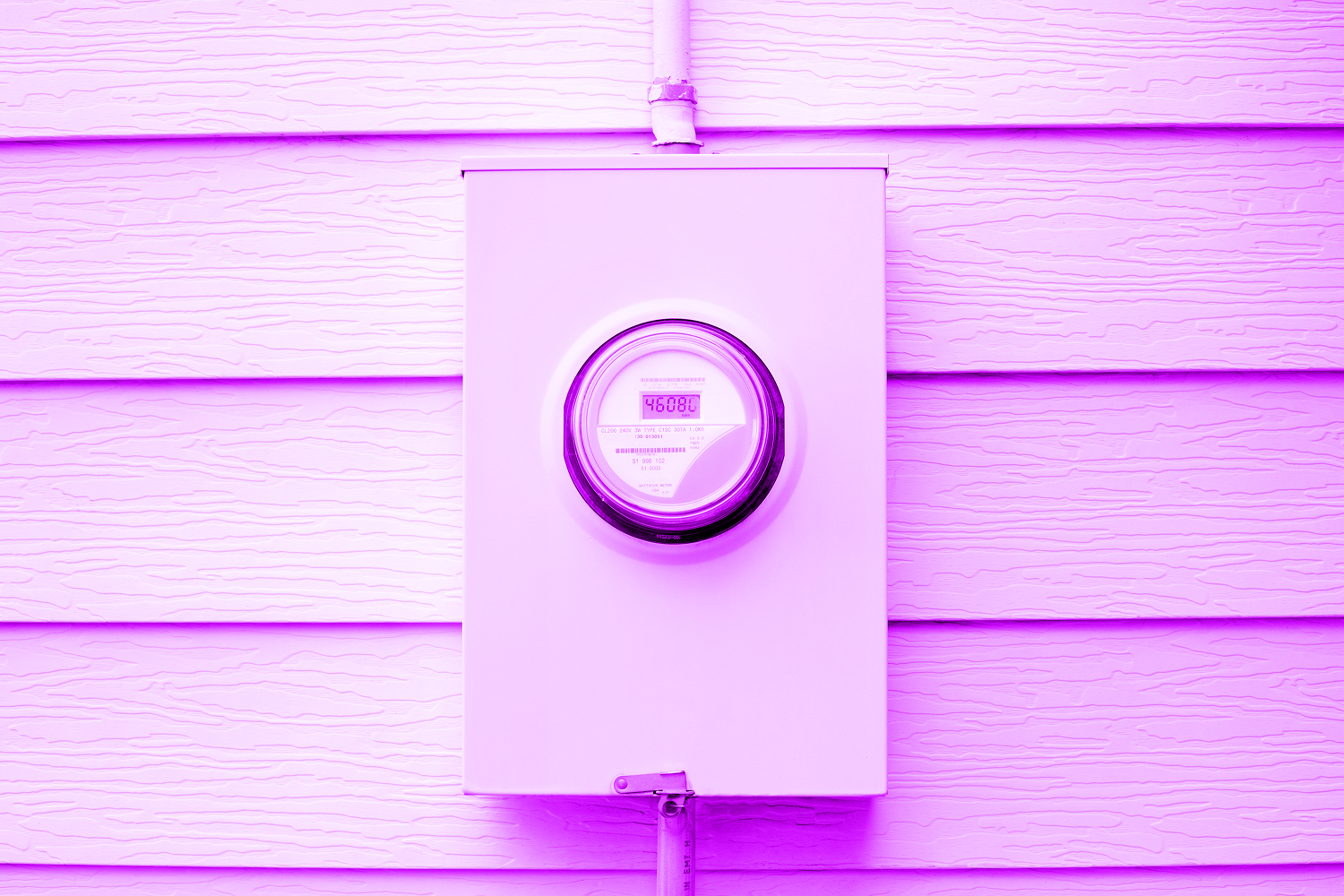The Trump administration’s pro-fossil-fuel and anti-renewable policies are already hitting utility customers in their bank accounts. Advocacy group Climate Power crunched data from the U.S. Energy Information Administration and found a 10% uptick in electricity costs since the beginning of the presidential term. The news is kicking off a blame game, with Secretary of Energy Chris Wright attributing the increases to fallout from Biden-era policies. Analysis from think tank Ember, however, estimates that the administration’s “One Big Beautiful Bill” will ultimately drive up utility prices as much as 74%.
Earlier this month, Colorado became the first state to require gas-burning stoves to come with a warning label. In addition to contributing to the climate crisis through the burning of fossil fuels, gas stoves are also linked to a range of health issues. Chief among them: Nearly 13% of childhood asthma cases are linked to cooking gas. The Association of Home Appliance Manufacturers has filed a federal lawsuit challenging Colorado’s law, but public health experts say the claim is frivolous. “Given the science, we’re confident the state can win.” Abe Scarr, energy and utilities program director at PIRG, told Canary Media.
Oscar Mayer is testing a new hot dog combo pack that’s half its classic franks and half its Not Hot Dogs. They’re calling it the EveryBun Pack. Though it’s not exactly the same, research has found that three-quarters Americans have an appetite for so-called “blended meat” or “plant-rich meat” products—essentially those that combine plant-based and traditional protein sources. Given that a meatless glizzy has about 1/6th the emissions of a beef-based dog, trading even half is a pretty good bargain from a climate POV. Also deliciously helpful: The Not Hot Dog is a near-perfect facsimile of its meaty brethren, and our pick for the best faux frank going.
The practice of “eco-driving” could cut vehicle emissions in cities by 11% or more, according to a study in Transportation Research Part C: Emerging Technologies. The researchers found that tweaking stoplight timing and speed limits to minimize stop-and-go traffic can, depending on the city, dial back planet-warming gases anywhere from 11% to 22%. “It’s a reminder that small changes to individual driving behaviors, when scaled up, can make a meaningful difference in addressing transportation decarbonization,” Vindula Jayawardana, who conducted the research, told Anthropocene. We’d be remiss if we didn’t point out, though, that the gains pale in comparison to trading gas-burning cars for public transit, biking, walking, or EVs.
The health impacts of breathing in wildfire smoke could be worse than previously thought, according to a new study. The analysis, published in The Lancet Planetary Health, found that breathing in fine particulate matter from blazes is actually more harmful than inhaling particles from other sources. “Previously, people assumed the same toxicity for wildfire particles and all particles,” Cathryn Tonne, co-author of the study, told The Guardian. This news arrives in the midst of an already busy wildfire season across the U.S., Canada, and Europe. Public-health experts continue to stress the importance of indoor air filtration—even DIYing something out of a box fan and HVAC filter can be quite effective.

